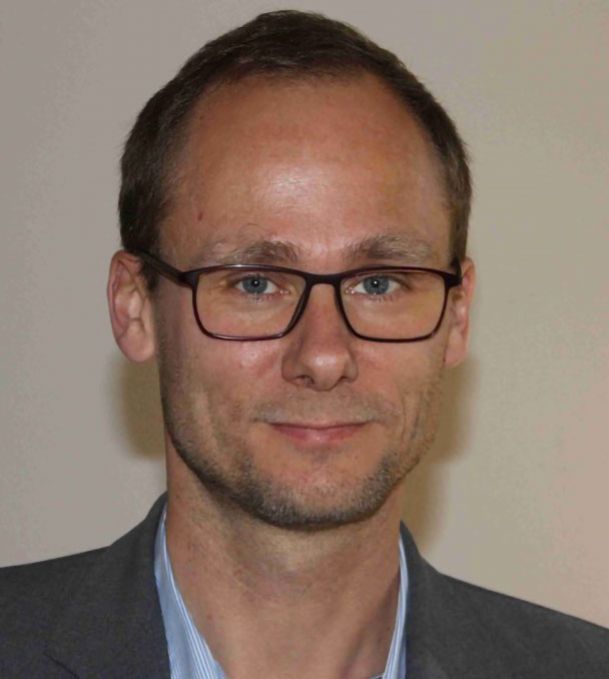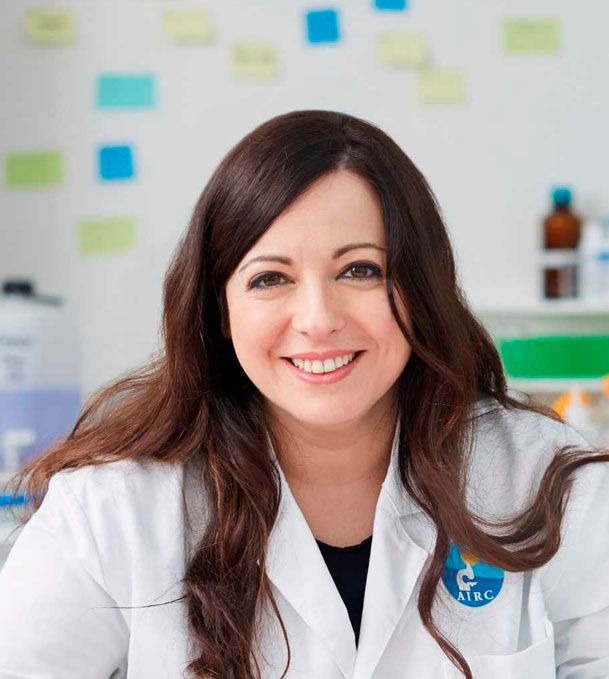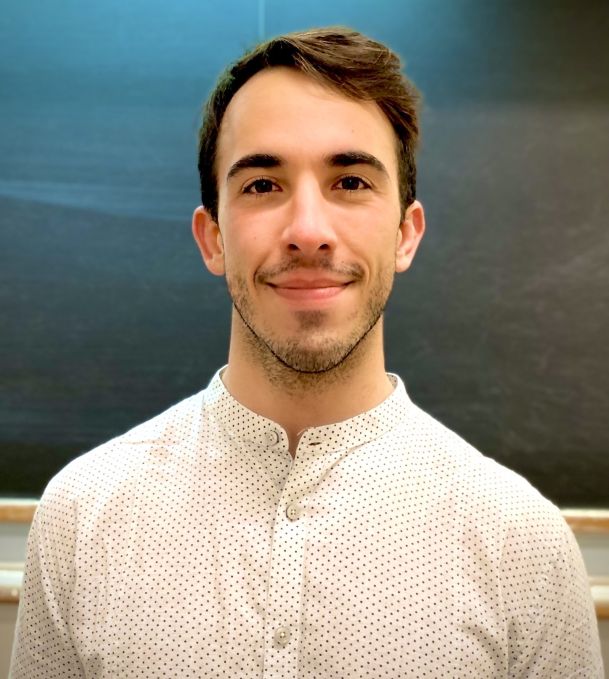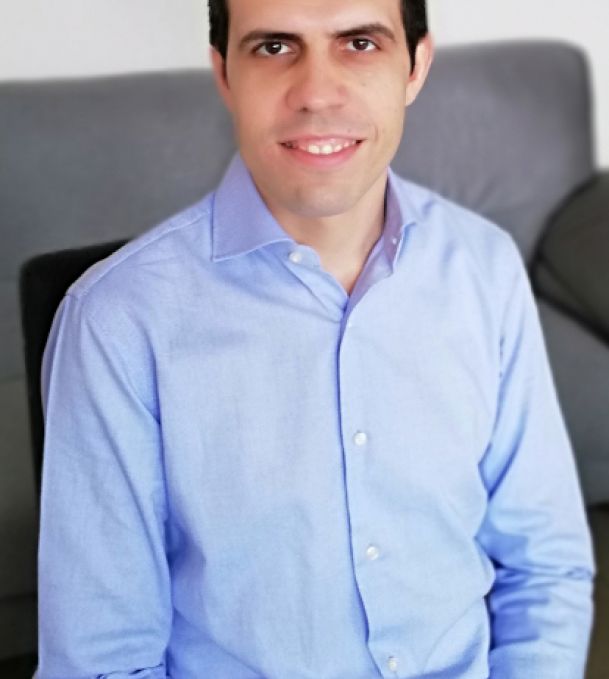UNIBO Partecipants

Tobias Cramer
Tobias Cramer, Department of Physics and Astronomy. TC’s research is focussed on nanostructured electronic materials for flexible electronic sensors and transducers with applications in human-technology interfaces, life-Sciences and radiation sensing. TC studied at Freiburg University, Germany. TC worked in different international research labs such as Institute for the Study of Nanostructured Materials (ISMN-CNR, Bologna Italy), Scribbs Research Institute (San Diego, USA), Philipps Labs (Eindhoven, Holland) and Department of Microsystems Engineering (Freiburg, Germany). Web of Science ID: C-2916-2019.

Stefania Rapino
Stefania Rapino, is a young Associate Professor in the Department of Chemistry “Giacomo Ciamician” at the University of Bologna. Prof. Rapino received her Ph.D. in Chemistry in 2006. Her research is mainly focused on the development of electrochemical and micro-structuring tools for applications in life science. She is a recognized researcher in the field of scanning electrochemical microscopy applied to biomedical research. Prof. Rapino was mentioned in 2011 by the Women&Technologies Association as one of the best young innovative female scientists in the field of bio- and nanotechnologies. She was awarded with research grants as young scientist by the Italian Ministry of Health and by the Italian Association for Cancer Research (AIRC).

Luca Bondi
Luca Bondi, Department of Physics and Astronomy, is a Ph.D. fellow in Nanoscience for Medicine and Environment. His Ph.D. studies are focused on the interface between semiconductors and electrolytes. He studied at Alma Mater University of Bologna obtaining a B.Sc. in Chemistry and Material Chemistry, a M.Sc. in Photochemistry and Molecular materials and a B.Sc. in Physics, all three with full grades. His thesis projects spaced from the synthesis and characterization of Cu(I) coordination polymers for OLEDs, to the study of structural colors in cellulosic materials, to the study of the photocurrent generation at the organic heterojunction-electrolyte interface.

Dr. Marco Malferrari
Marco Malferrari is a Junior Assistant Professor (fixed term) at the Department of Chemistry “Giacomo Ciamician” of the University of Bologna. His research is focused on the physico-chemical description of biological systems with different level of complexity, from purified proteins to human cells. Dr. Malferrari got a PhD in Functional and Molecular Biology in 2012, studying the interplay between solvent and protein dynamics in photoexcitable membrane proteins. He also investigated intraprotein electron transfer in photosynthetic and respiratory complexes, as well as reactive oxygen species production upon activation of the respiratory chain. From 2017 to 2019 He worked as postdoctoral fellow on the research project “Acute myeloid leukemia Investigation with functional Device in lieu of Animals: AIDA”, founded by the Italian Association for Cancer Research (AIRC), studying the role played by cell microenvironment in acute myeloid leukemia.